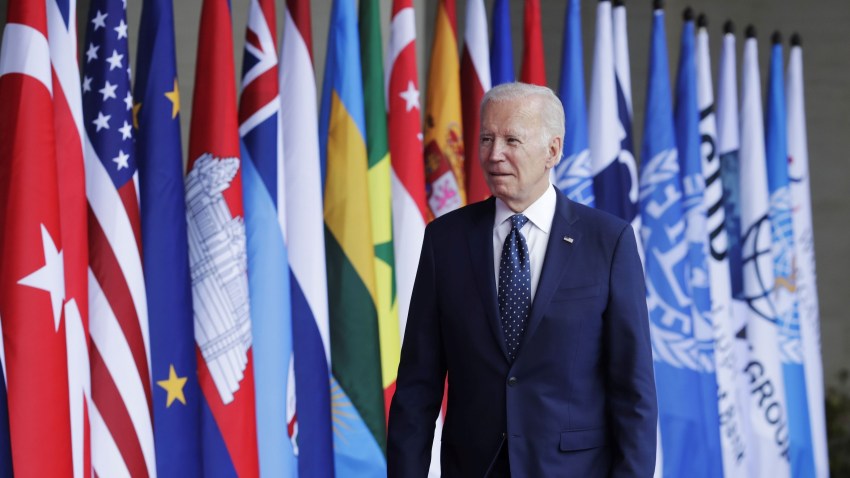Amid the many debates over U.S. President Joe Biden’s foreign policy, one thing is clear: Biden is definitely an internationalist. That said, despite his rhetorical obsession with democracy, Biden’s approach is a realpolitik internationalism, where he is trying to keep the U.S. engaged as a global actor despite constrained resources domestically and increasing competition from both great powers and rising powers internationally.
But should Biden be so internationalist? More broadly, is it the United States’ place to be highly engaged in the world? Rather than being the indispensable nation that has to step up and be “caught trying” when the world is in danger, maybe the U.S. should step aside and not get involved. Perhaps the U.S. and the world would be better off if Washington sat some things out?
Such questions go to heart of the “restraint debate” that has been shaking up Washington over the past few years. The debate largely boils down to whether the U.S. should do all it can to support, even by military means, the rules-based international order. While proponents of liberal internationalism argue that maintaining that order is essential to U.S. national interests, those in the restraint camp hold that such a view leads the U.S. to become involved in issues and conflicts that are, at most, marginal to U.S. national interests.

